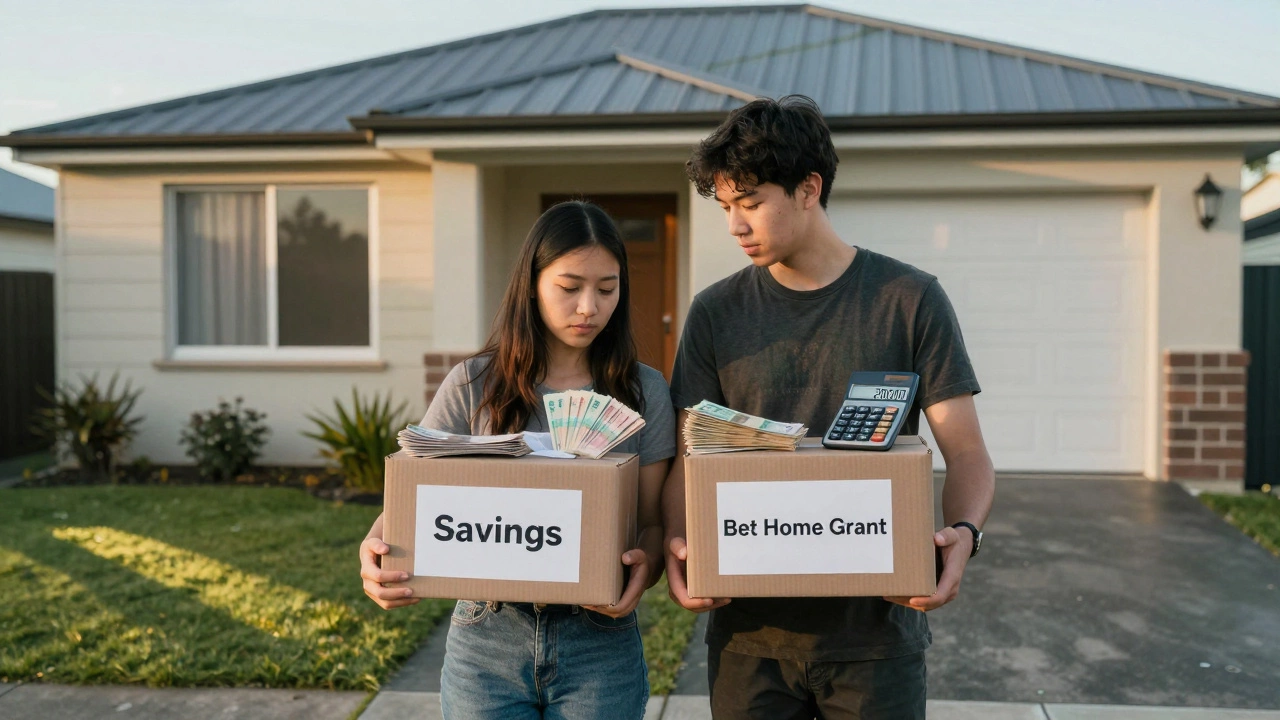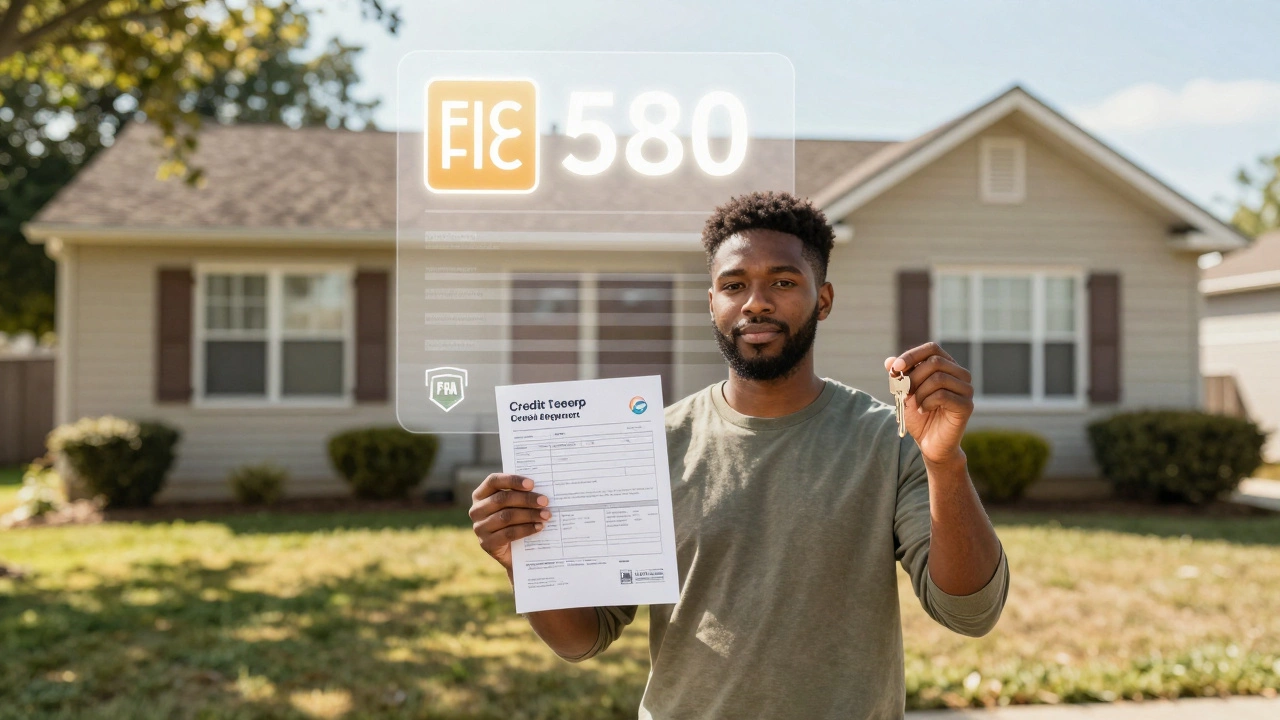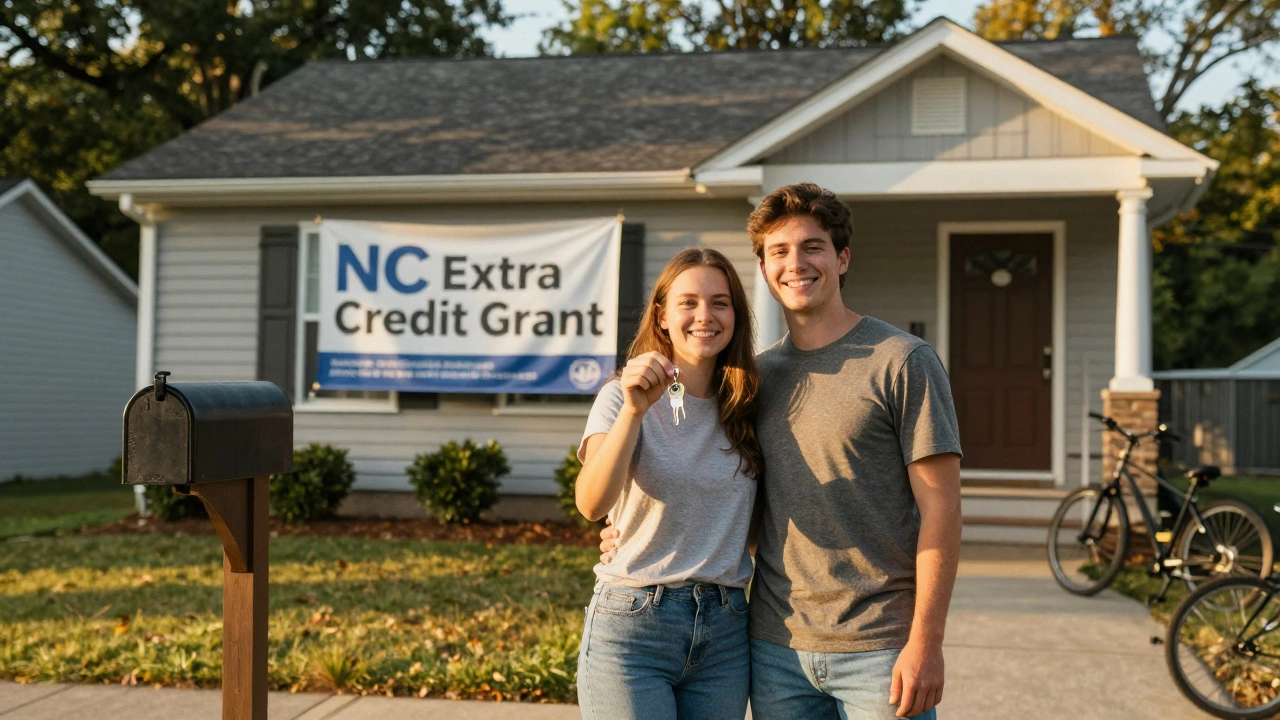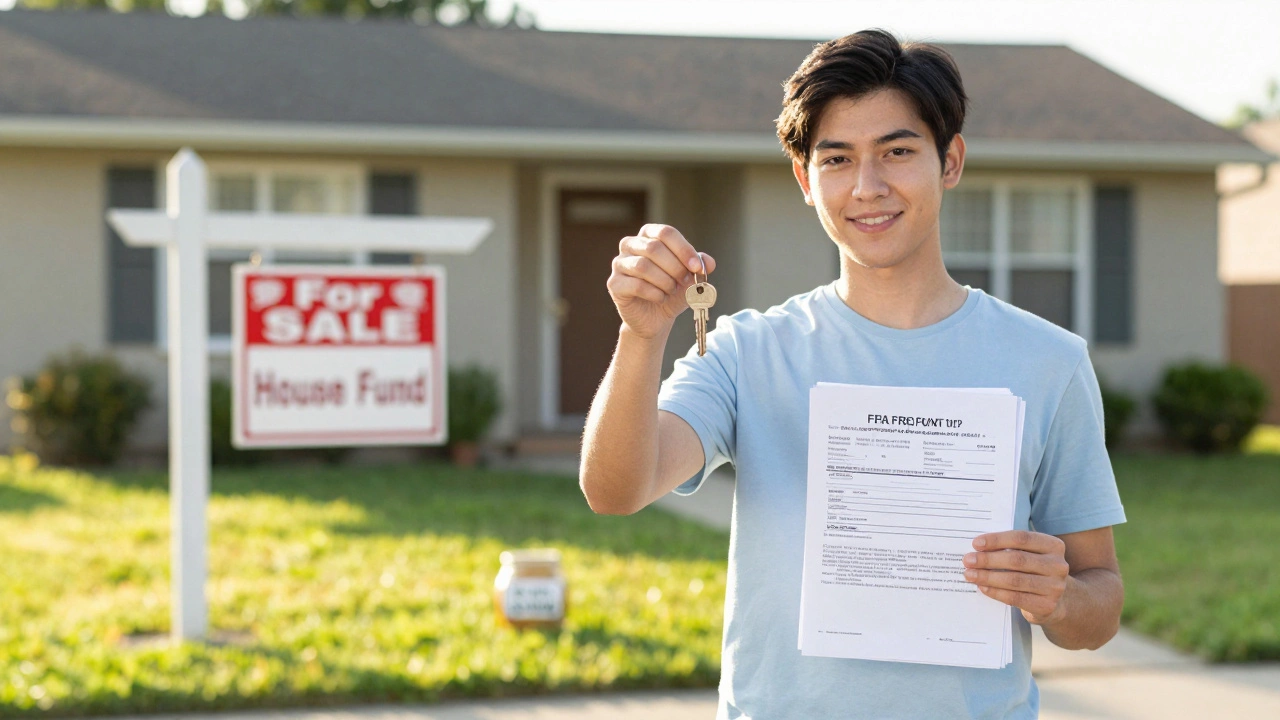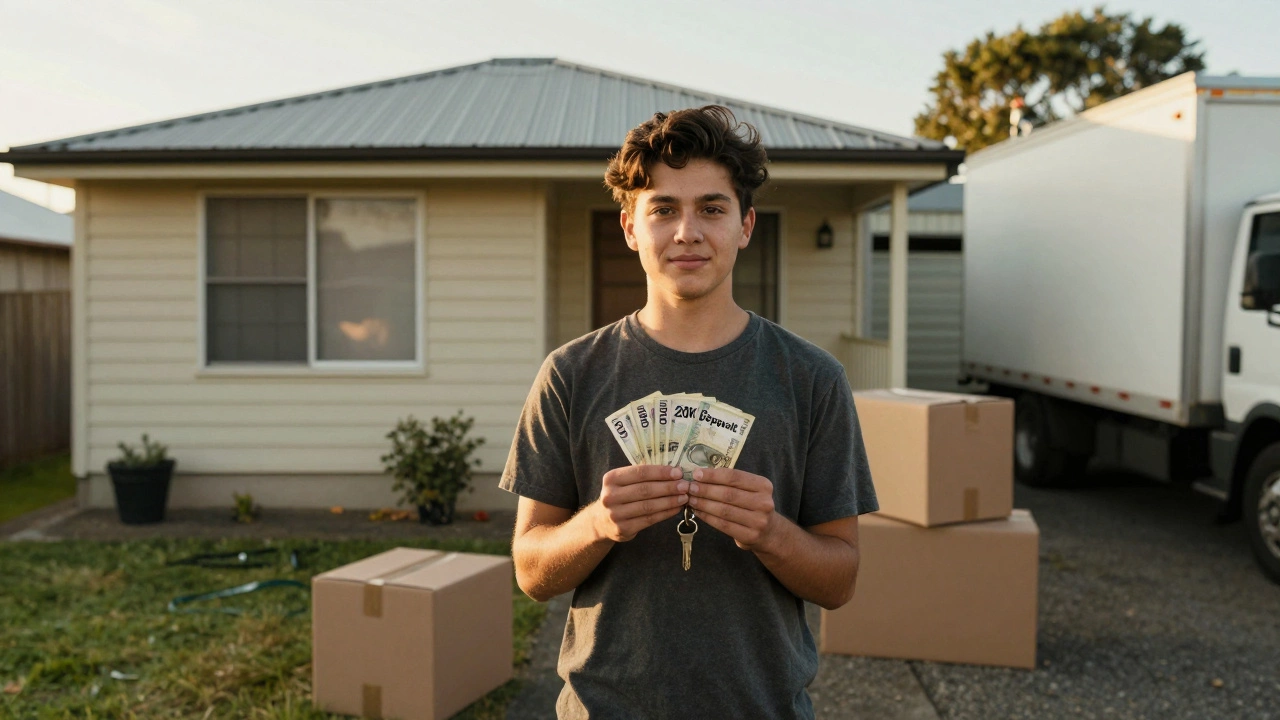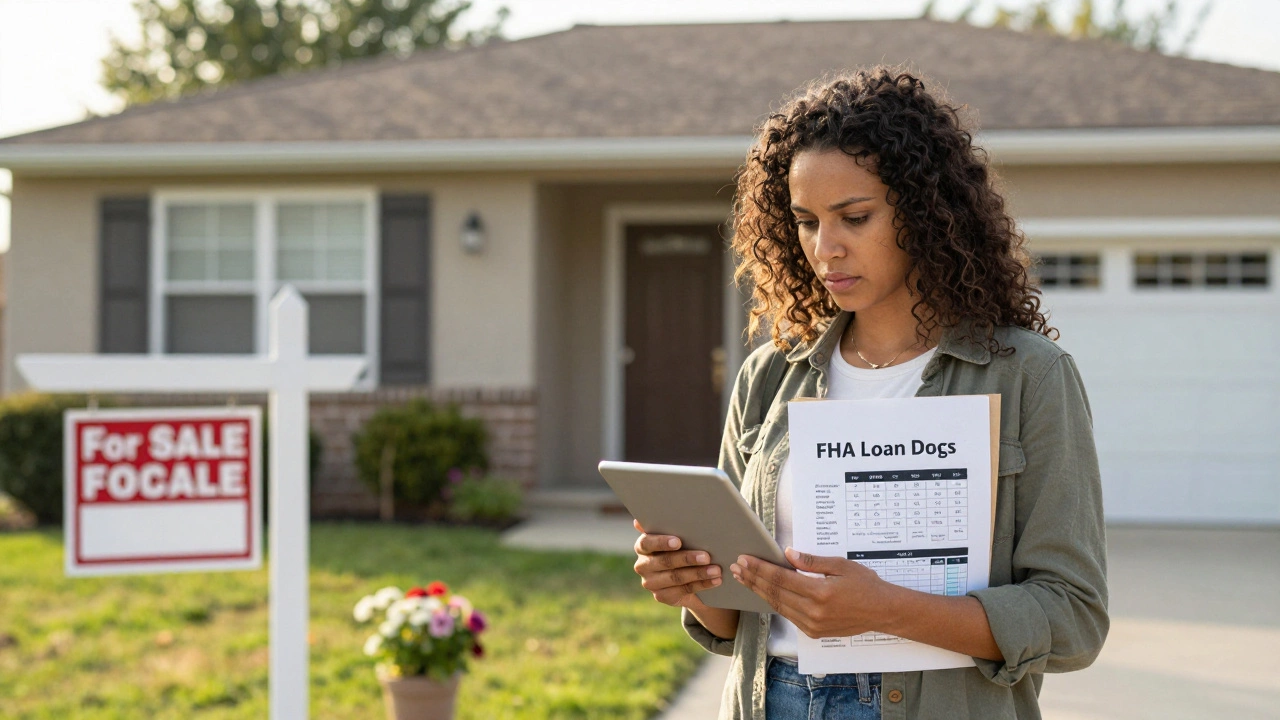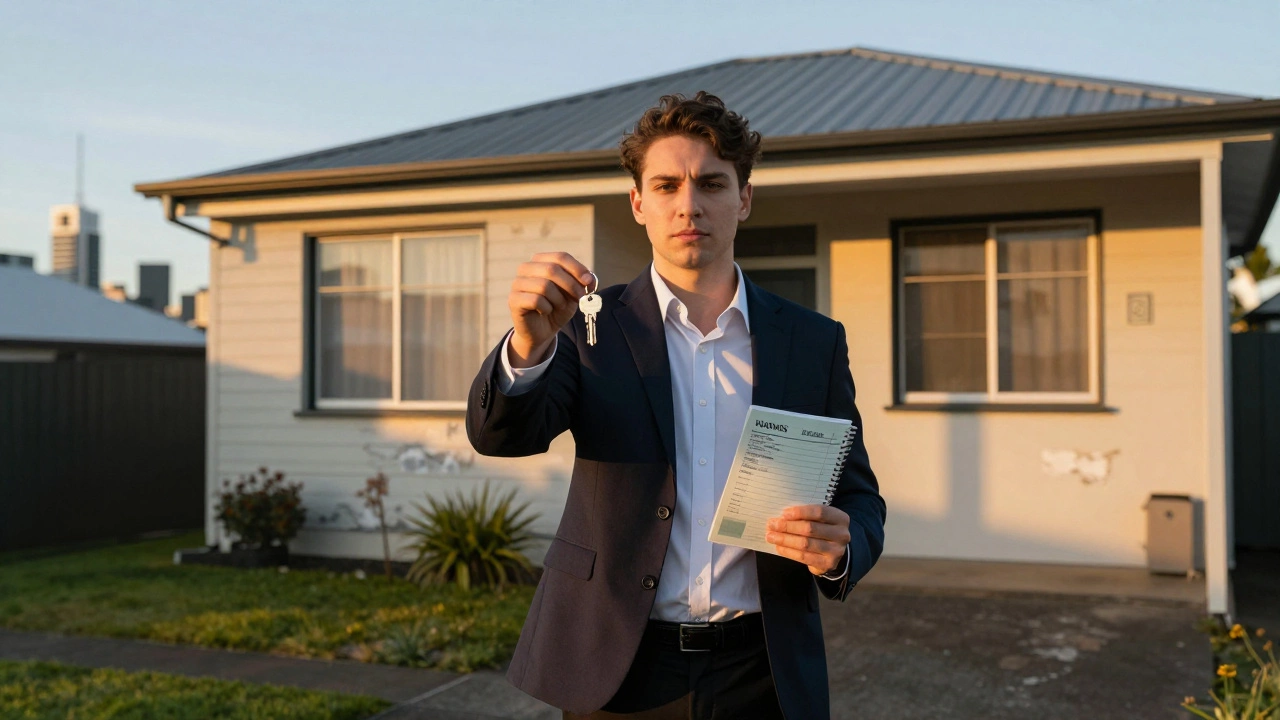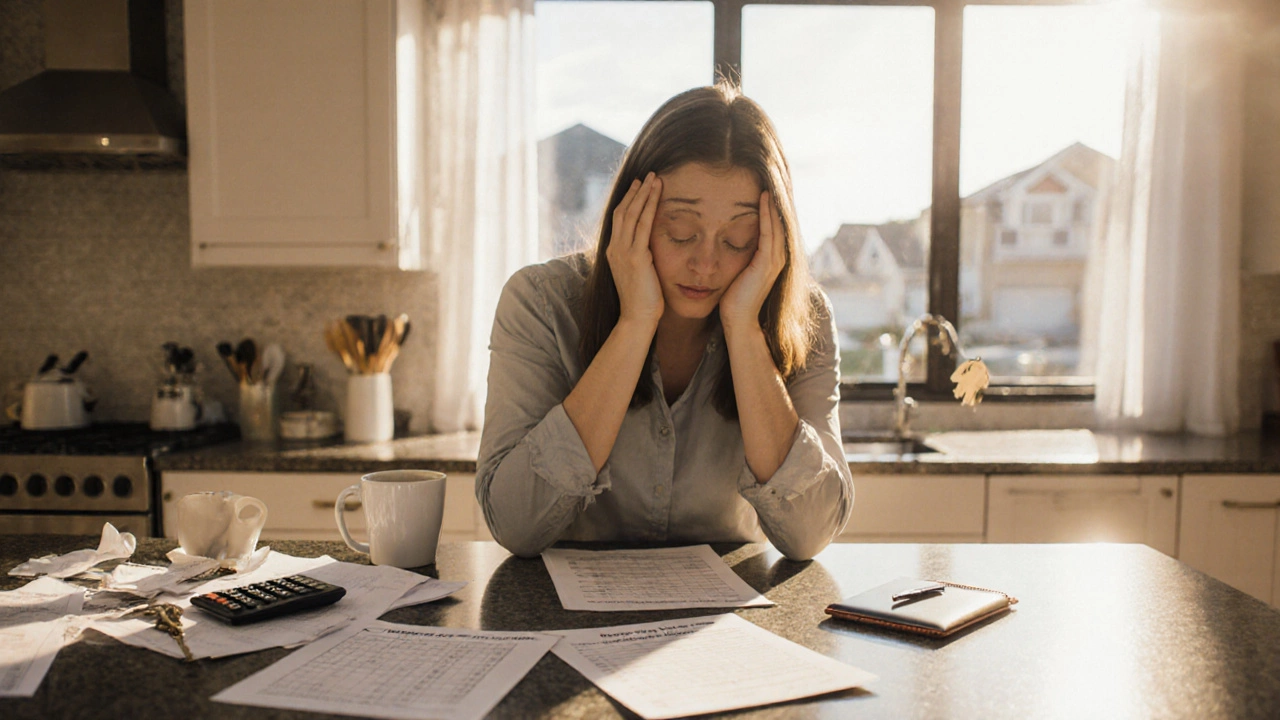First Time Buyer: Practical Tips to Get Your First Home
If you’re eyeing your first property, the process can feel overwhelming. Most of us wonder how much money we really need, which loans are best, and where to find help. Below you’ll find straight‑forward answers that cut through the jargon and get you moving toward the front door.
How Much Money Do You Need?
Start with a realistic budget. A common rule is that your monthly mortgage payment should not exceed 30% of your net income. To work out the total you’ll need, add a 5‑10% down payment, stamp duty, legal fees, and a moving budget. For a £250,000 house, a 5% deposit is £12,500, plus about £1,500 for stamp duty and £1,200 for solicitor fees. That means you’re looking at roughly £15,200 in upfront costs.
Credit scores play a big part. Lenders usually want a score of at least 620, but the higher the score, the better the rate. If your score sits around 650, you’ll still qualify, though you may pay a few extra percent on interest. Boost your score by paying down credit cards and fixing any errors on your report before you apply.
Top Programs & Help You Can Use
There are plenty of schemes aimed at first‑time buyers across the UK. The Help to Buy Equity Loan lets you borrow up to 20% of the purchase price (40% in London) while only needing a 5% deposit. The Lifetime ISA (LISA) offers a 25% government bonus on contributions up to £4,000 per year, which can be used toward a first home.
Regional programs add extra help. In Virginia and North Carolina, for example, down‑payment grants can cover a large chunk of the deposit, sometimes even the entire amount. Even if you’re not in those states, similar local grants often exist—search your council’s website for “first‑time buyer assistance”.
Choosing the right bank matters. Some lenders specialize in first‑time buyer packages with lower fees and flexible criteria. Compare at least three offers, looking at the interest rate, total fees, and any cashback or discount programs. A quick online calculator can show you the total cost over the loan term.
Don’t forget to get pre‑approved before you start house hunting. A pre‑approval letter shows sellers you’re serious and can speed up the closing process. It also gives you a clear ceiling on what you can afford, preventing you from falling in love with a home that’s out of reach.
When you find a property you like, act fast but stay cool. Have your documents ready—proof of income, bank statements, and ID—so you can submit an offer quickly. If the seller asks for a higher deposit, consider whether you can stretch a bit or negotiate a lower price.
Finally, keep an eye on hidden costs. Council tax, insurance, and utility bills can add up. Budget for a small emergency fund (about 1–2 months of payments) to cover unexpected repairs or rate hikes.
Buying your first home is a big step, but with a solid budget, the right help, and a clear plan, it’s totally doable. Use these tips as a checklist, stay organized, and you’ll be holding your keys sooner than you think.
